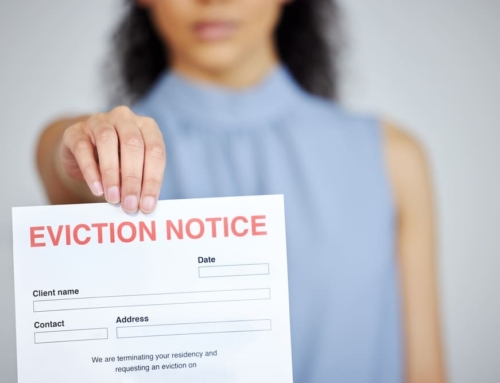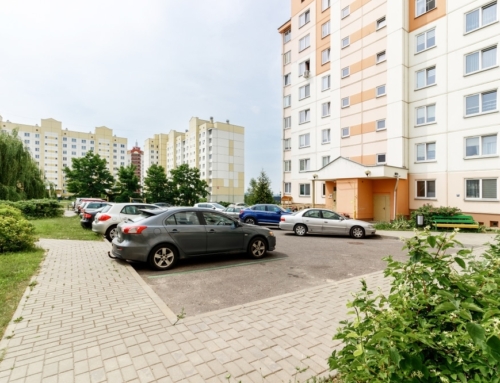When dealing with tenant problems, you should first review the lease document to determine if they have violated a lease term.
Q: My parents own two apartments in the same building in San Antonio. I recently moved into one of them but the other one was leased until September 2012.
My father had some items in the storage room on the same floor as the rented unit and had the door padlocked. The renter didn’t care as he didn’t need the storage space. But when the tenant got divorced and needed space to put away some items, so he went to our doorman to ask him what could he could do. The doorman called maintenance, they broke the padlock and removed my father’s items and put them into a different storage spot. Now his items have gone missing. The property manager of the building accepts that they broke the lock, removed the items and that they cannot find them. I had a meeting with the building board members and they just don’t know what to do or say. What is the proper thing to do in a situation like this?
A: There appears to be quite a bit of breakdown in communication between the tenant, your father and the building.
Let’s start with the tenant. If your father had a deal with the tenant to store some items in the storage room, the tenant should have contacted your father to remove those items. It’s unclear why the tenant didn’t contact your father unless the tenant didn’t understand that your father was going to keep items in the storage room.
The lease document he signed with the tenant should have something written into the document to make sure this arrangement was clear. If the tenant violated the lease terms, your father’s recourse might be with the tenant.
It’s possible your father made the arrangement with the tenant’s wife and she moved out. The husband, now knowing the arrangement relating to the storage space, might have thought the items left behind were his former wife’s and had the building remove them.
Your father should have notified the building in any case that the storage space was not part of the rental agreement with the tenant. If the building had that information, they might not have been so quick to break the lock and remove his personal effects. But if the building didn’t know, they were probably right to assume that your father rented the apartment along with the storage space to the tenant.
In this case, the building would be in the right to follow the instructions of the renter. Once the tenant removed the items from the storage locker, the building probably only had a minimum duty to care for those items removed from the storage locker. After a while, if those items were unclaimed, the building might have had the right to dispose of personal items they thought had been abandoned.
As with any loss, the question your father should ask is whether he has insurance coverage for the loss of the items left in the storage space. If he did have insurance coverage for those items, his policy might pay him the value of the loss.
While you might feel some anger towards the building, it does not seem from the information you have given us that they did anything wrong. If the tenant had instructed them to remove and dispose of the items, the building could have done that. If they had simply thrown the items in the garbage, you’d know what happened to them, and we don’t think you’d have much right to go after the building.
The building would have to know that the storage space and the items stored were your father’s. If they had that information and proceeded to break into the storage space and dispose of his goods, he might have a better case against the building.
While the building can be embarrassed and may even avoid talking to you about this issue, they may have little liability to you. Your better bet is to see if your father can make a claim with his insurance carrier or against the tenant.
[amazon_link asins=’B009YPRRZ8,B01IPJX2NY,B00A83I8G2′ template=’ProductCarousel’ store=’thinkglink-20′ marketplace=’US’ link_id=’e3199e2a-2c76-11e8-b2b4-c18b16e88e75′]






Leave A Comment